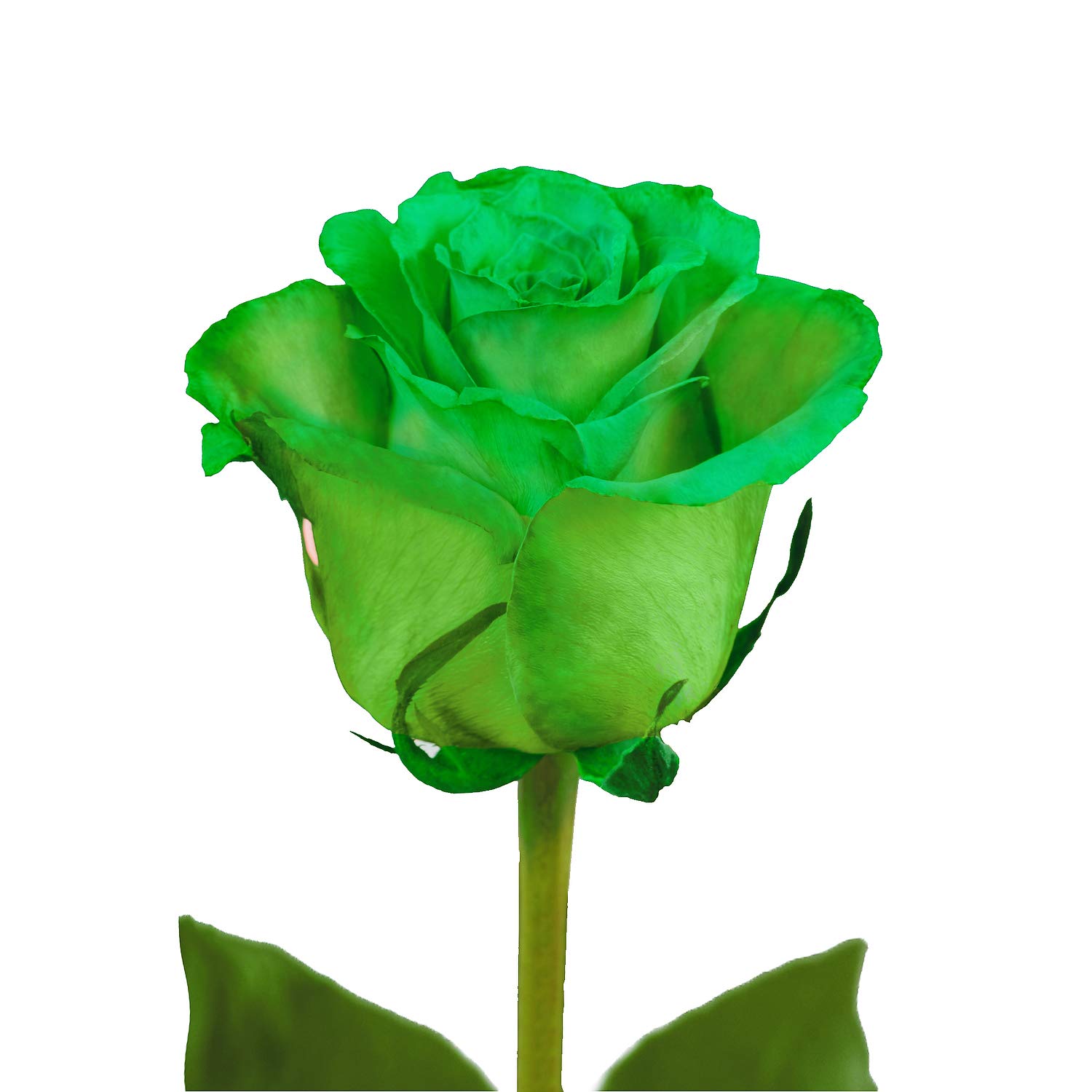
One of the latest (been going on for a little while now and the big guys are starting to get onboard with it) trends I see online are people rolling up joints in rose petals. Rose petals? Really? Yes, rose petals. You can find them as a prepackaged cone now too.
Rose productions utilize many pesticides as this flower is normally associated with many pests. These guys come with all kinds of little pests. The rose attracts creepy crawling little creatures like Aphids, Spider Mites, Cane Borers, Caterpillars, Thrips, Rose Midge, and Beetles. Along with the insect entourage, if not grown with the right air flow and spacing roses can end up with fungal problems. Fungal problems include Powdery Mildew, Black Spot, and Downy Mildew. So… What’s used to take care of this stuff? Mostly Pesticides. Bad ones. And they come from the Cut Flower Industry.
On average imported flowers makeup about 64% of fresh flowers sold in the U.S , in many cases, use very dangerous pesticides. Studies have been found scattered throughout time, starting in the 70’s, and have shown serious health complications for the individuals working within the rose production industry. Research published in the Environmental and Molecular Mutagenesis journal found that DNA adducts, indicative of early-stage cancer, was present in 60 percent of longtime workers in the floriculturist industry. A 2003 study published in Mutation Research found that more than 71 percent of cut flower growers around the world show genetic damage.
You might say to yourself, “2003? That info is old.”
It’s true, however if one were to take a deep dive into google on the subject they’ll find that the data hasn’t changed any. In fact, it’s a little worse.
Fifteen years afterwards, a study assessing the risk factors of pesticide exposure among FiIipino flower farmers, found 32% reported pesticide-related illnesses since starting work in the flower business, with symptoms ranging from weakness and fatigue, to muscle pain, chills and fever, blurred vision, dizziness and headache.
DNA adducts, indicative of early-stage cancer, were present in 60% of longtime floriculturist industry workers.
So… With that being said… Know your grow, even if it’s a rose. Make sure it’s organic. If you won’t eat it, you shouldn’t dump it on your plants or wrap it around your joint. Just a thought… Maybe I’m wrong. But neurological problems and cancer I think say otherwise.
“Behind this beautiful bouquet lies a world of very toxic chemicals. And people do not know it. We have done tests and the results are very worrying. The flowers receive a cocktail of different toxic pesticides. There is a combination of neonicotinoid pesticides – these bee killers – and banned pesticides. One-third of all pesticides used are illegal. What worries me the most is this cocktail of pesticides.”
Herman van Bekkem, Greenpeace


